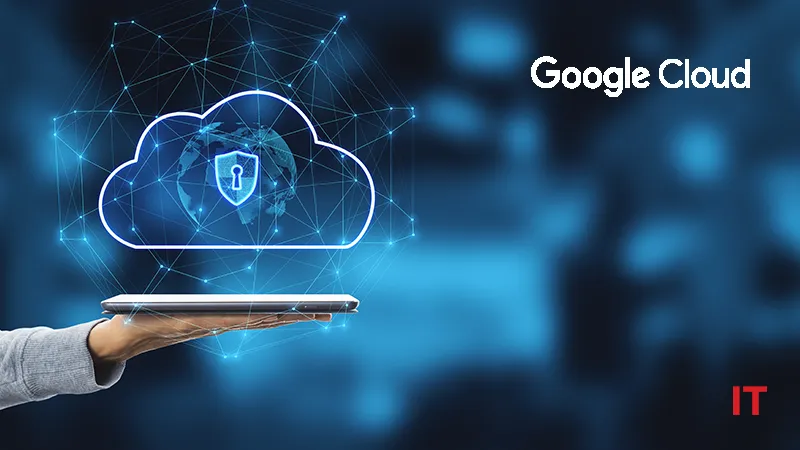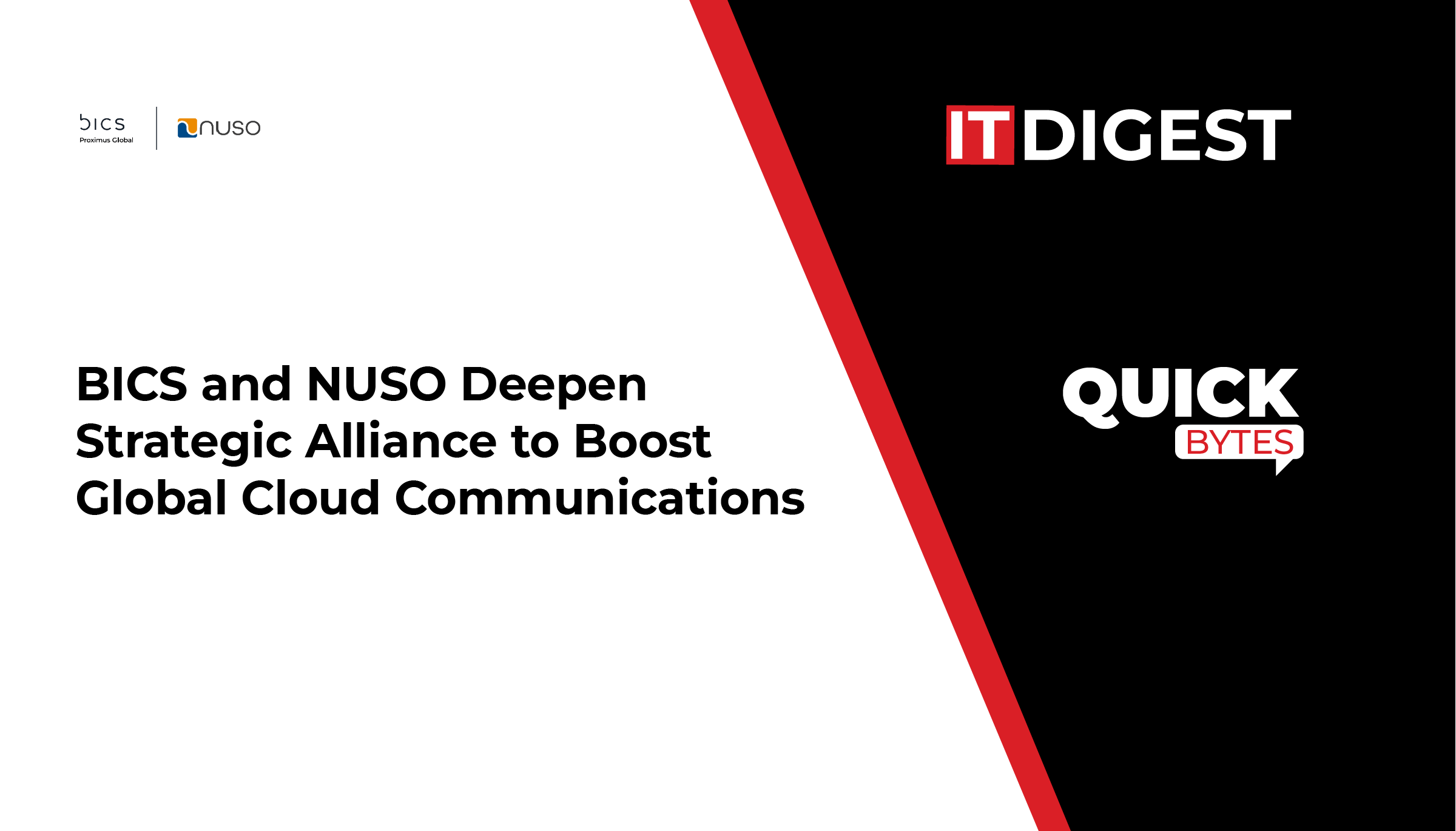The rapid evolution of experimental quantum computing has raised significant concerns about the security of widely used public-key cryptography systems. With the potential for sufficiently powerful quantum computers to compromise these encryption methods, the urgency to develop and implement quantum-resistant cryptographic solutions has never been greater.
Post-quantum cryptography (PQC) provides a viable path to mitigate these risks using existing hardware and software. The release of the National Institute of Standards and Technology’s (NIST) PQC standards in August 2024, following years of collaboration with the cryptographic community, has paved the way for technology vendors to begin their transition toward quantum-safe cryptographic solutions.
Google Cloud are excited to introduce quantum-safe digital signatures (FIPS 204/FIPS 205) in Google Cloud Key Management Service (Cloud KMS) for software-based keys, now available in preview. Additionally, we are offering insights into our post-quantum strategy for Google Cloud encryption products, including Cloud KMS and our Hardware Security Modules (Cloud HSM).
Advancing Quantum-Safe Cloud KMS
At Google, we recognize the growing risks posed by quantum computing and have taken proactive steps to address them. Since 2016, we have tested PQC in Chrome, implemented PQC protections for internal communications since 2022, and deployed additional quantum-resistant measures across Google Chrome, Google’s data center servers, and experiments involving secure connections between Chrome Desktop and Google products like Gmail and Cloud Console.
Our commitment to quantum-safe Cloud KMS includes:
- Providing software and hardware support for standardized quantum-safe algorithms;
- Developing migration pathways for existing keys, protocols, and customer workloads to transition to PQC;
- Strengthening Google’s core infrastructure to be quantum-resistant;
- Conducting rigorous security and performance assessments of PQC algorithms and implementations;
- Contributing technical insights to PQC standardization efforts in collaboration with global standards organizations and government bodies.
Our Cloud KMS PQC roadmap supports NIST’s post-quantum cryptography standards (FIPS 203, FIPS 204, FIPS 205, and future updates) across both software (Cloud KMS) and hardware (Cloud HSM). This enables customers to perform quantum-safe key import, key exchange, encryption, decryption, and digital signature operations securely.
Also Read: Commvault Releases CIS-Hardened Images for Secure Cloud
Open-Source Commitment and Industry Collaboration
To ensure transparency and security, our Cloud KMS PQC implementations will be available as open-source software. These implementations will be maintained within Google’s open-source cryptographic libraries, BoringCrypto and Tink, offering full code auditability to customers and the broader security community.
From a hardware and third-party vendor standpoint, we are collaborating with HSM vendors and Google Cloud External Key Manager (EKM) partners to develop and enable quantum-safe cryptographic solutions for our customers.
Now Available: Preview of Quantum-Safe Digital Signatures in Cloud KMS
Cloud KMS now supports quantum-safe digital signatures, allowing customers to use our existing API for cryptographic signing and signature validation with NIST-standardized quantum-safe cryptography. This milestone facilitates the essential work of integrating these signing schemes into existing security frameworks ahead of broader industry adoption.
By transitioning to quantum-safe Digital Signature Algorithms (DSA) today, organizations can proactively protect against potential future adversaries equipped with cryptographically relevant quantum computers. Just as the Harvest Now, Decrypt Later (HNDL) threat model underscores the need to future-proof key exchange protocols, adopting quantum-safe DSA is crucial to ensuring the security of digital signatures against forgery and tampering. This is particularly critical for long-lived root-of-trust deployments and firmware signing in industries managing critical infrastructure.
Supported Quantum-Safe Signature Algorithms
In this release, Cloud KMS supports:
- ML-DSA-65 (FIPS 204): A lattice-based digital signature algorithm
- SLH-DSA-SHA2-128S (FIPS 205): A stateless hash-based digital signature algorithm
Both of these algorithms are now part of NIST’s PQC standards, marking a significant step forward in quantum-resistant security.
While the cryptographic community continues to explore hybridization techniques that combine classical and post-quantum digital signatures, industry-wide consensus has yet to be reached. As such, we have opted not to introduce API support for hybridization schemes at this time. However, we remain open to revisiting this decision as industry standards evolve in the coming months.
The transition to quantum-safe cryptography is essential for ensuring long-term data security in an era of advancing quantum computing capabilities. By proactively integrating post-quantum cryptographic standards, Google Cloud is committed to providing robust, future-proof security solutions for organizations worldwide.

































